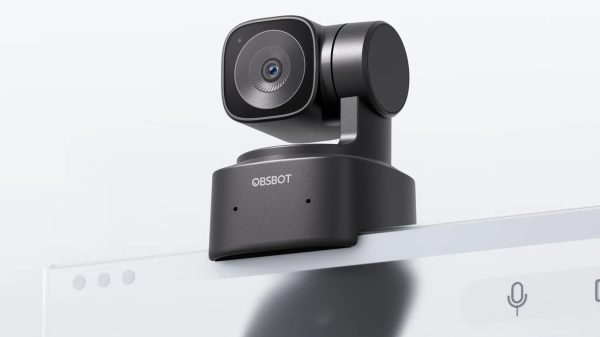
The European Union has published several recommendations for Apple to make iOS and iPadOS more interoperable with competitors following two separate DMA proceedings launched in September, sparking concerns about user privacy from the iPhone maker.
On Wednesday, the EU Commission submitted draft recommendations to Apple regarding changes that would make the iOS operating system more compatible with third-party devices like smartwatches, earbuds, and headsets. The Commission is also proposing measures to improve how Apple communicates with developers who make interoperability requests for iOS and iPadOS, including increased transparency around internal features and rejections.
The EU’s proposed iOS interoperability measures cover interactivity features like automatic audio switching, background activity like maintaining Bluetooth and network connections, and notifications — which could address long-standing complaints from iPhone users who are unable to send quick replies from connected Garmin watches, for example. The EU also proposes several measures to improve iOS data transfer interoperability across Airdrop, Airplay, media casting, Wi-Fi sharing, and close-range file transfers, alongside device configuration measures covering proximity-triggered pairing and automatic Wi-Fi connectivity.
Apple has raised concerns about the DMA’s interoperability mandates, as you’d expect. In a white paper published shortly after the EU’s announcement, Apple criticized “data-hungry companies” like Meta that have made numerous requests to access the iPhone maker’s software tools.
“Meta has made 15 requests (and counting) for potentially far-reaching access to Apple’s technology stack that, if granted as sought, would reduce the protections around personal data that our users have come to expect from their devices,” Apple said in the paper. “If Apple is forced to allow access to sensitive technologies that it has no ability to protect, the security risks would be substantial and virtually impossible to mitigate.”
Apple doesn’t specify which of the EU’s DMA proposals it takes issue with, generalizing them in their entirety as a risk to user privacy. Meta has hit back about being targeted in Apple’s complaint and says the iPhone maker is being anticompetitive.
“What Apple is actually saying is they don’t believe in interoperability,” an unnamed Meta spokesperson said in a statement to Bloomberg. “Every time Apple is called out for its anticompetitive behavior, they defend themselves on privacy grounds that have no basis in reality.”
The Commission is requesting feedback from companies seeking interoperability with Apple by January 9th, 2025. The interoperability recommendations proposed by the EU Commission are subject to change depending on submitted feedback. The final, legally-binding measures applying to Apple are expected to be finalized before March 2025. If Apple doesn’t comply then the EU may launch a formal investigation next year, and could be liable for fines up to 10 percent of its global annual sales.





























